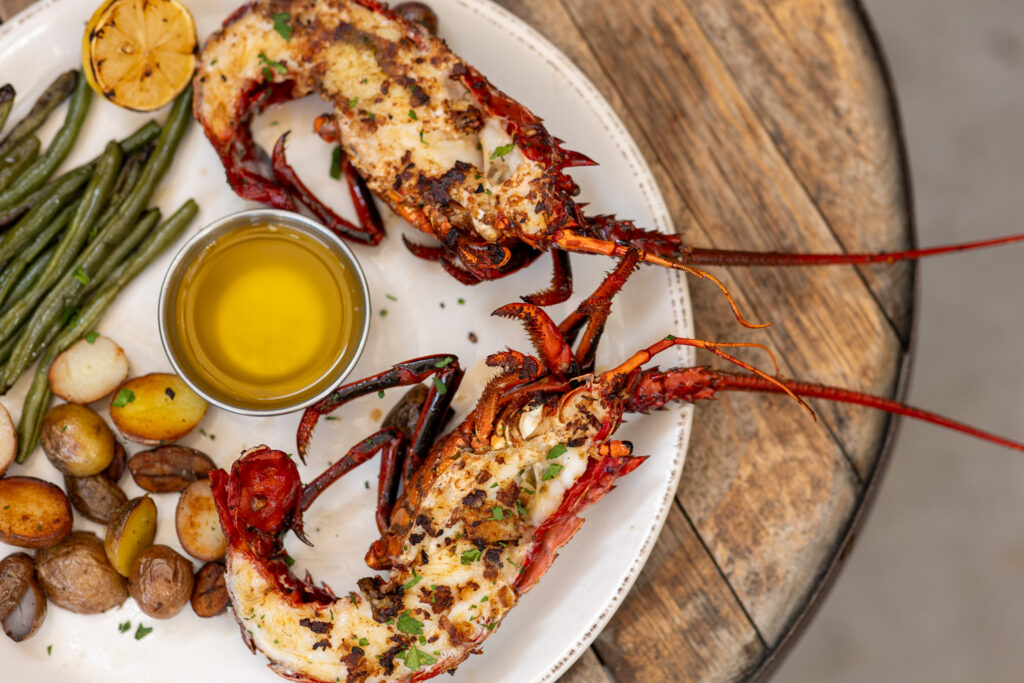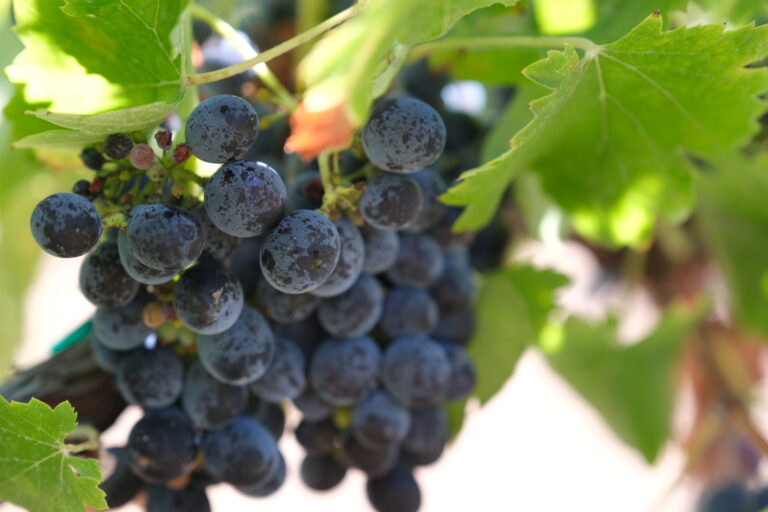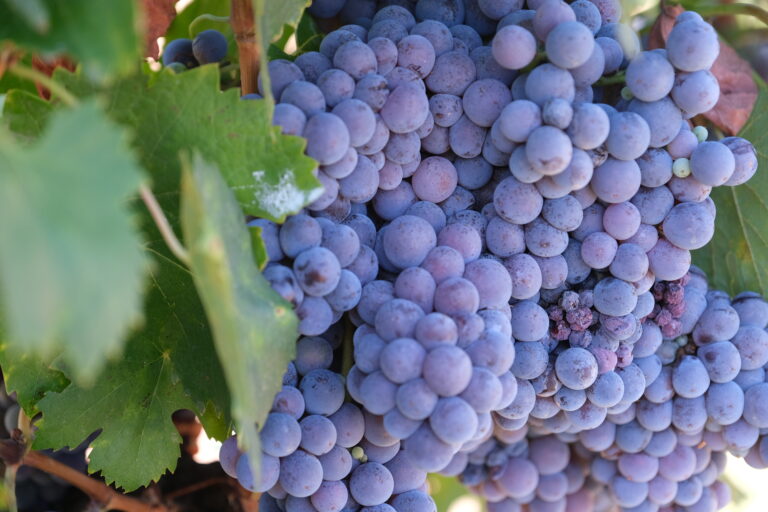Embarking on a culinary journey through the Mediterranean diet unveils a rich tapestry of wholesome living and delectable cuisine. At the heart of this nutritional paradigm lies an often-celebrated yet nuanced companion—wine. In this exploration, we’ll uncork the historical legacy, health benefits, culinary pairings, and cultural nuances that make wine an integral part of the Mediterranean diet.
Historical Context of Wine in the Mediterranean Diet
Embarking on a journey through Mediterranean history unveils the deep-rooted connection between its societies and wine. From ancient ceremonies to daily meals, wine has been a timeless companion, symbolizing unity and celebration.
Wine, a Timeless Companion
- Ancient Ceremonial Libations: In the cradle of civilization, ancient Greeks and Romans elevated wine to a sacred status, utilizing it in ceremonial libations that symbolized unity, prosperity, and the celebration of life.
- Daily Staple of Prosperity: Mediterranean communities integrated wine into their daily meals, viewing it not just as a beverage but as a symbol of prosperity, enhancing the sensory pleasures of dining.
- Religious Rituals: Wine was a conduit for spiritual connections, seamlessly woven into religious rituals and celebrations, representing a bridge between the divine and the earthly.
The historical consumption patterns of wine in the Mediterranean transcend mere libation. They tell a tale of shared joy, communal bonds, and cultural expressions, where wine becomes not just a beverage but a symbol of prosperity, spirituality, and the celebration of life.
Health Benefits of Wine in Moderation
In the modern era, scientific insights have unveiled the potential health benefits of wine, offering a nuanced perspective on its consumption. Delving into the secrets held within the grape’s skin, we discover how antioxidants and resveratrol contribute to both the complexity of wine flavors and potential health advantages.
Unlocking the Secrets of Grape’s Skin
- Antioxidants for Cardiovascular Health: Flavonoids and polyphenols found in wine contribute to cardiovascular health, with red wine standing out for its association with higher levels of “good” HDL cholesterol.
- Resveratrol’s Anti-Inflammatory Effects: Resveratrol, abundant in red wine, exhibits anti-inflammatory and antioxidant properties, potentially contributing to overall well-being.
- Moderation and Heart Disease: Emphasizing moderation, studies suggest that moderate wine consumption is linked to improved cholesterol levels and a reduced risk of heart disease.
While savoring the rich flavors of wine, it’s essential to appreciate the potential health perks it offers when consumed sensibly. The intricate dance between antioxidants, resveratrol, and cardiovascular well-being highlights the importance of moderation in unlocking these benefits.
Wine Consumption Patterns in the Mediterranean
Step into the sun-soaked landscapes of the Mediterranean, and you’ll find a tapestry of wine consumption habits. From leisurely sips during meals to celebratory toasts, wine is seamlessly woven into the fabric of everyday life. Contrasting with some global trends, the Mediterranean approach to wine is one of appreciation rather than excess.
Typical wine consumption habits in Mediterranean countries include incorporation of wine into daily meals, enhancing the dining experience; celebration of special occasions with toasts and communal wine-drinking rituals, and a focus on the quality of wine over quantity, emphasizing enjoyment and moderation. This cultural approach to wine consumption reflects a mindful and celebratory attitude, where the beverage enhances the sensory pleasures of meals and fosters social connections.
Pairing Wine with Mediterranean Foods
Embarking on a journey through the symphony of flavors in the Mediterranean diet involves delving into the art of pairing wine with its diverse and vibrant cuisine. From complementarity to regional harmony, these principles not only enhance the dining experience but also elevate the enjoyment of the beverage.
Harmony of Flavors in Every Sip
- Complementarity in Pairing: The key to a delightful pairing lies in seeking wines that enhance the flavors of Mediterranean dishes. For example, the robust and earthy notes of a Chianti can create a harmonious balance when paired with a classic tomato-based pasta. The acidity of the wine cuts through the richness of the tomatoes, providing a sensory journey that complements the meal.
- Regional Synergy: Matching wines from the same region as the cuisine ensures a natural synergy between flavors, allowing enthusiasts to connect the origin of the wine with the dish. An excellent example is pairing a Greek Assyrtiko with a Mediterranean seafood dish. The crisp acidity of Assyrtiko complements the freshness of the seafood, creating a palate-pleasing harmony that mirrors the coastal regions of Greece.
- Texture Matching: Whether it’s a light-bodied wine with lighter fare or a full-bodied wine with heartier dishes, texture matching enhances the overall dining experience. Consider pairing a light and crisp Albariño with a seafood salad to accentuate the delicate flavors. On the other hand, a bold and structured Barolo can beautifully complement the richness of a lamb tagine, creating a symphony of textures that dance on the palate.
Pairing wine with Mediterranean foods is an art that transforms both the meal and the glass into a delightful experience. From the robust flavors of grilled meats harmonizing with bold reds to the freshness of seafood complementing crisp whites, understanding the principles of complementarity and regional synergy enhances the culinary journey, making each sip and bite a celebration of the Mediterranean’s diverse and exquisite flavors.
The Social and Cultural Aspects of Wine
Beyond its nutritional and sensory dimensions, wine in the Mediterranean is a social elixir. It punctuates gatherings, infuses rituals with conviviality, and holds a mirror to cultural traditions. We raise our glasses not just to the wine itself but to the shared moments and stories woven around it.
The cultural significance of wine in Mediterranean societies includes wine as a symbol of hospitality, shared meals, and communal celebrations; its role in religious ceremonies, symbolizing unity and connection, and integration into traditional festivals, where wine becomes a conduit for cultural expression. Wine, in the Mediterranean context, extends beyond a beverage—it is a cultural bridge that connects generations, communities, and cherished traditions. Recognizing this cultural significance enhances the appreciation of wine within its broader social context.
Sustainable Wine Production in the Mediterranean
In the heart of the Mediterranean’s lush vineyards, sustainability takes center stage. We explore the practices of sustainable viticulture, where winemakers honor the land, cultivate biodiversity, and craft wines that reflect the region’s environmental stewardship.
Practices of sustainable viticulture in the Mediterranean include organic and biodynamic farming methods that prioritize soil health and biodiversity; water conservation measures, including drip irrigation and rainwater harvesting, and minimal use of pesticides and synthetic fertilizers, promoting a holistic approach to vineyard management.
The impact of these practices on the environment and wine quality is substantial, encompassing the preservation of biodiversity and ecosystem health; enhanced soil fertility and resilience to climate change, and production of wines with a distinct sense of terroir and a reduced ecological footprint. Choosing wines produced through sustainable practices not only aligns with environmental consciousness but also contributes to the overall quality and authenticity of the wine-drinking experience.
Choosing Mediterranean Wines
Navigating the rich terrain of Mediterranean wines, we provide a guide for selecting the finest bottles. From the sun-kissed vineyards of Greece to the historic cellars of Italy, we highlight key wine-producing areas and varietals that encapsulate the essence of the Mediterranean terroir.
Guide to selecting wines from Mediterranean regions includes exploring Assyrtiko from Santorini or Agiorgitiko from Nemea for a taste of Greece’s diverse terroirs; opting for a bold Barolo from Piedmont or a smooth Chianti Classico from Tuscany for a true Italian experience; diving into Tempranillo from Rioja or Albariño from Rías Baixas to savor the diversity of Spanish wines, and choosing a Grenache-based Châteauneuf-du-Pape or a Provençal Rosé for a glimpse into the flavors of southern France. Highlighting key wine-producing areas and varietals enables enthusiasts to embark on a flavorful journey through the diverse landscapes that define Mediterranean viticulture.
Wine in the Modern Mediterranean Diet
As the Mediterranean diet evolves to meet modern health considerations, the role of wine adapts. We examine how this timeless libation continues to find its place in contemporary lifestyles, balancing tradition with the latest insights into health and well-being.
The evolving role of wine in contemporary Mediterranean lifestyles emphasizes moderation as a guiding principle, exploring innovative ways to incorporate wine into modern Mediterranean recipes and dining experiences, and the enduring cultural significance of wine, adapting to changing dietary patterns while preserving its intrinsic value. Balancing tradition with modern health considerations ensures that wine remains a cherished component of the Mediterranean diet, adapting to the dynamic nature of contemporary lifestyles.
In the culmination of flavors and traditions, wine stands as a steadfast companion to the Mediterranean diet. As we conclude our journey through vineyards and cultural landscapes, let’s toast to the enduring relationship between wine and the Mediterranean diet. In savoring this elixir, may we embrace a holistic approach that nourishes both body and spirit within the vibrant tapestry of Mediterranean living. Cheers to the timeless union of wine and well-being!





